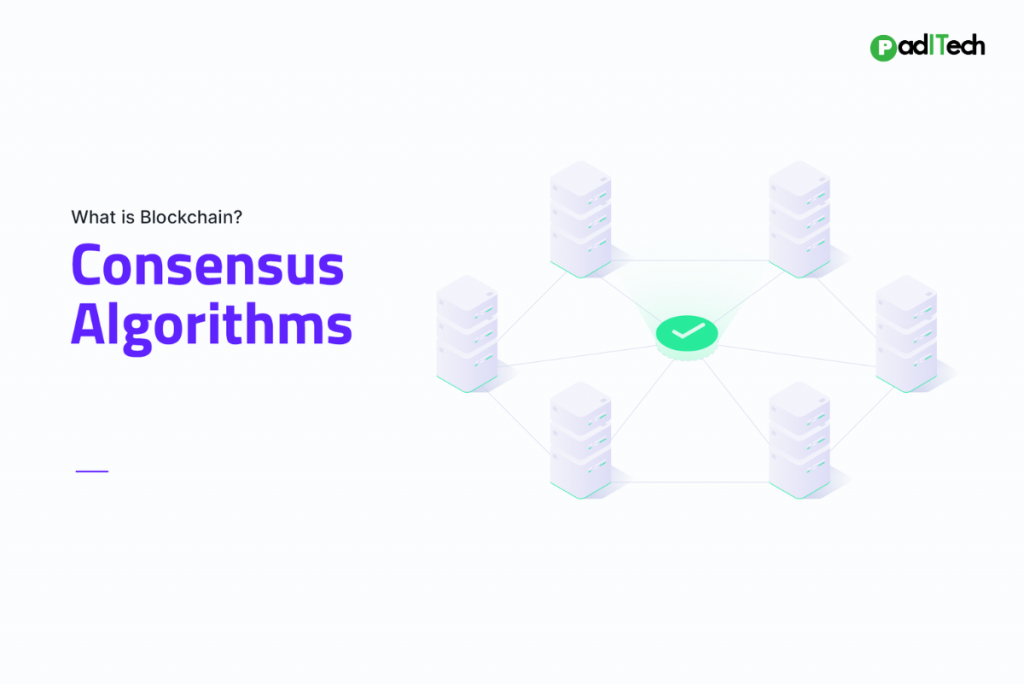Custom Consensus Algorithm And Its Application
A blockchain consensus algorithm is a set of rules that nodes follow to reach an agreement on approving transactions.
Without clear and transparent rules governing how agreement is achieved in a distributed network, blockchain would be ineffective. Nodes would be unable to add new blocks to the blockchain consistently. Adding new blocks is tied to rewards for the nodes that validate the network. Without these rewards, nodes wouldn’t expend their computing power (Proof-of-Work or PoW) or stake their funds (Proof-of-Stake or PoS), leading to wasted resources. The consensus algorithm is central to the functioning of distributed and decentralized databases.

In traditional systems, a third party must confirm transactions by collecting data and validating events. Blockchain technology eliminates this need, replacing it with a consensus algorithm.
In cryptocurrencies, the consensus algorithm ensures protocol compliance, guaranteeing that all transactions are correctly executed and preventing double-spending.
Consensus Algorithm: Application In Cryptocurrencies
n cryptocurrencies, various consensus algorithms share common elements. Nodes that aim to become validators and add new blocks to the blockchain for rewards must provide an appropriate fee rate as collateral. Each node maintains an identical copy of the blockchain. If a node attempts to add a counterfeit block, it will be quickly detected by other nodes, resulting in the loss of its collateral, reputation, and computing power. Thus, cheating is highly unprofitable.
Types Of Consensus Algorithms
Consensus algorithms are the backbone of blockchain technology, ensuring that all nodes in the network agree on the state of the blockchain.
Proof of Work (PoW)
- Requires miners to solve complex computational puzzles to validate transactions.
- Consumes significant computational power.
- Examples: Bitcoin, Ethereum (originally)
Proof of Stake (PoS)
- Selects validators based on the amount of cryptocurrency they hold.
- More energy-efficient than PoW.
- Examples: Ethereum (after the Merge), Cardano, Solana
Delegated Proof of Stake (DPoS)
- Allows token holders to vote for delegates who validate transactions.
- Faster and more efficient than PoW and PoS.
- Examples: EOS, Tezos
Proof of Authority (PoA)
- Selects a predefined set of validators based on their reputation or identity.
- Suitable for private or permissioned blockchains.
- Examples: Ripple, Hyperledger Fabric






